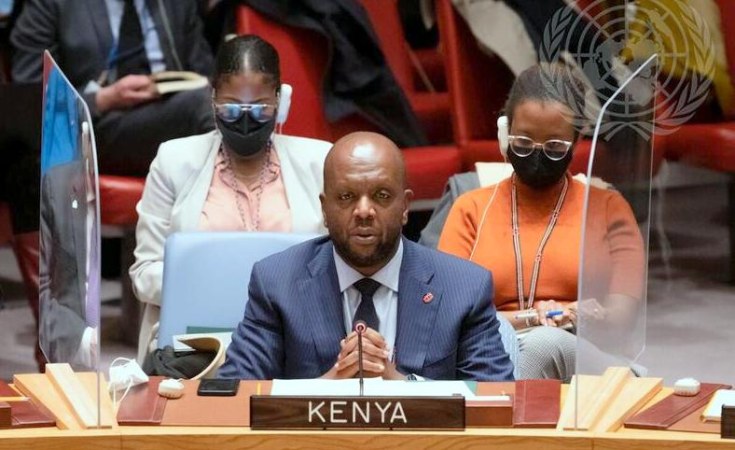Russia's invasion of Ukraine also affects Africa

Assistant professor Toke Møldrup Wolff has written an article in GlobalNyt explaining that the consequences of Russia's invasion of Ukraine extend beyond Europe's borders. Africa, where many countries are already struggling with the health and economic consequences of the corona pandemic, is a shining example of how the conflict in Europe can have a wide and direct impact.
On the African continent, the pandemic has increased overall poverty for the first time since the 1990s and destabilised an already unstable labour market. Global supply chains were compromised and the Western world focused more on its interests rather than global development efforts.
Assistant Professor Møldrup Wolff underscores that Russia's invasion of Ukraine will only cement the economic crisis to which the corona crisis has contributed and exacerbated unemployment and poverty on the continent. While the conflict in Europe harks back to the Cold War, when proxy wars claimed the lives of millions of Africans, the dynamics are not quite the same.
Africans have largely chosen to side with the West, and while some countries are reluctant to criticise Russia's actions in Ukraine, Ghana, Gabon and South Africa have all condemned the invasion. In addition, immediately after the invasion, Kenya condemned Russia's actions in the UN Security Council, with the Kenyan UN Ambassador to the Council referring to the negative and long-lasting consequences inflicted on a country through colonisation.
However, clear condemnation of Putin's invasion should also be seen in the light of the EU's pledge to invest €300 billion in health, education and stability in Africa. Despite the political condemnation, it is important to keep a firm eye on the African continent, which is confronted with challenges from potentially violent price rises that could lead to unrest and destabilisation of already fragile economies.
Yet, African countries are also faced with a huge opportunity to make serious demands on Western donors and to engage in mutually beneficial partnerships that have the potential to stabilise African economies.
Read the article, in Danish, here
